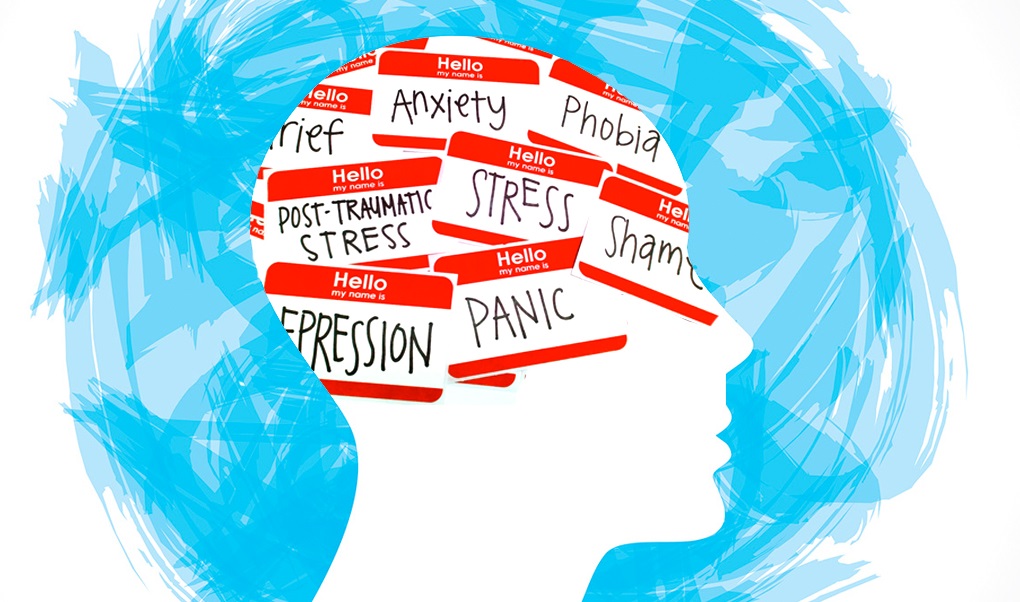What is Mental Health

Mental health refers to the person’s well-being and adjusting to society and life in general. Stable mental health helps to ease the possibility of depression and anxiety disorders. Poor mental health can also lead to addictions to many types of drugs.
Mental health helps people with having fulfilled and strong relationships. Poor mental health can allow for relationships to deteriorate and new relationships not being able to be formed. Having mental health can also lead to making positive life choices. For instance, the choice to not break the law is a wise life choice. The person sees the consequences beforehand and can make an informed decision not to break the law.
Symptoms
There are a few signs of poor mental health. When something negative has happened to someone in their life, sometimes their mental health can be tested. A few common symptoms to look for in a person with poor mental health are performing a simple task. This symptom can also be attested to a person with normal mental health as well. However, if not being able to complete a task is not normal in the person’s character, it could be a sign of poor mental health-forming.
Another symptom is mood swings. Irritability is very common in a person with poor mental health. They cannot have normal interaction with people, so they seem to go off the rails at every moment.
Poor mental health can either be biological, environmental, or psychological. A cause of biological poor mental health is genetics. If a person in the family had poor mental health, chances are someone else can develop it. Sometimes it may be the exact illness, but it can be a completely different mental disorder. IT can be passed through the genes.
An environmental factor can be an occurrence that has happened to you, such as death. While environmental factors may not be the cause of mental illness as a whole, they can trigger mental illness in a person already susceptible to mental illness.
A psychological factor goes how a person was or is treated. If experiencing neglect or have been sexually abused, that can lead to mental illness.
Type of Disorders
There are many mental health disorders. Some of the more common ones include clinical depression, obsessive-compulsive disorder, anxiety, and bipolar disorder.
A person that is clinically depressed can have trouble sleeping. There can also be a loss of appetite, lack of concentration, and low overall energy level.
A person with obsessive-compulsive disorder is a very anxious individual. They can’t rid themselves of irrational thoughts. They try to self-medicate themselves to deal with these impulsive thoughts. These behaviors can interrupt their normal life pattern, such as washing their hands over 20 times daily.
Conclusion
These types of disorders can lead to more severe symptoms. It is important to contact a health care professional if any of these symptoms look familiar. If the symptoms have gotten severe, a suicide hotline is a precaution as well.
Trending Health Topics
- ADHD
- Allergies
- Arthritis
- Bipolar Disorder
- Bunions
- Car Accidents
- Chron's Disease
- Common Cold
- COPD
- Depression
- Dry Skin
- Dry throat
- Eczema
- Fungal Infection
- GERD
- HIV/AIDS
- Hypertension
- Irritable Bowel Syndrome (IBS)
- Multiple Sclerosis
- Osteoarthritis
- Psoriasis
- Rheumatoid Arthritis
- Skin Disorders
- strep throat
- Type 2 Diabetes
- Uncategorized